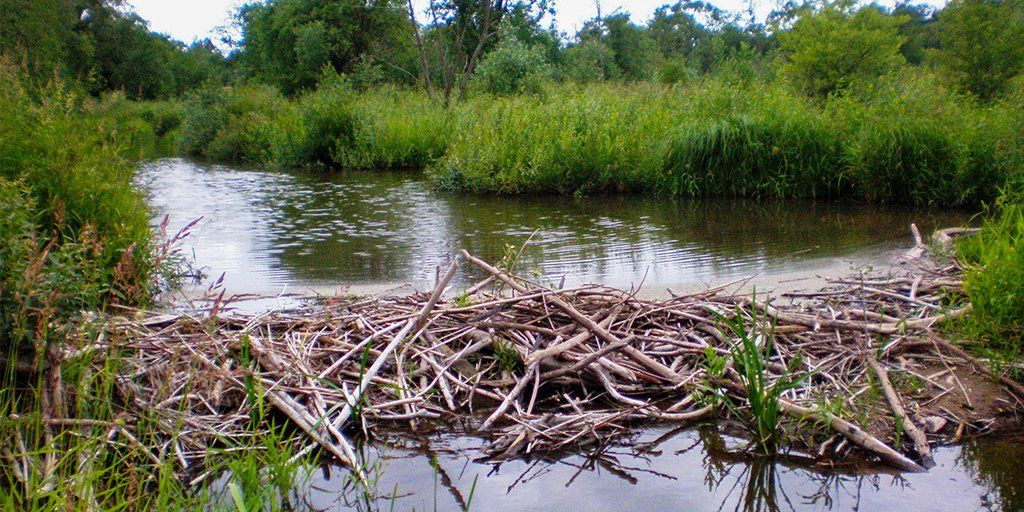Is Natural Flood Management the New Normal?

The Covid-19 pandemic has put many things into perspective, notably our impact on the environment which became more evident as nature began to reclaim habitats in our absence. This and the recent webinar series on ‘nature-based solutions’ by CIWEM, promoted the question “are nature-based solutions going to be our new normal?”
Nature-based solutions are methods which protect, sustainably manage, and restore natural or modified processes and ecosystems. These can be incorporated into a development to reduce its environmental impact. One such method that can be applied within the water sector is Natural Flood Management (NFM).
How can a successful NFM scheme be achieved?
Our hydrologist Rebecca Haw explains that to achieve a successful NFM scheme there needs to be a defined catchment approach with areas identified and promoted for different techniques. Without this, measures will be mixed and haphazard, most likely missing the aim of the methods and a loss in confidence, as the techniques will not provide the expected flood risk protection.
Rebecca went on to say “If we are to move nature-based solutions into the mainstream, we need to educate the range of people involved in the design of management systems on the benefits of these methods; where they are appropriate; and more importantly, not appropriate. Failure to do so, risks the public and decision-makers losing confidence in the methods because the benefits will not be seen.”
But, do they actually work?
Since the early days of NFM, many water management engineers viewed NFM methods with scepticism. However, there are now multiple field-based studies which show that the theoretical modelling is correct in predicting a flood risk reduction benefit from NFM solutions.
These study examples include Slowing the Flow at Pickering which is an active project that prevented the flooding of residential properties in the 2015 boxing day floods. Another example is based in the Cotswolds that showed, not only does the NFM techniques applied, reduces the flood risk in the local area, but they were also cheaper than the alternative hard engineering methods. Finally, the Eddleston Water project within the Tweed Catchment has shown that the NFM within the catchment has reduced the flood risk within the study urban areas and that hydraulic models can be used to predict the reduction in flood risk. These findings are similar to those produced by Envireau Water based on our own modelling.
So, why isn’t everyone implementing them?
While nature-based solutions are most effective on the large scale and need to be considered within the context of the wider catchment, this does not mean they cannot be included on a smaller or project scale. Sustainable drainage systems based on swales and soakaways, leaky dams and wetland creation can be included in projects where appropriate; for example, leaky dams can be used to slow the flow within a swale or channel, rather than hard engineering approaches.
As professionals within the design and regulator role, we need to be confident in including nature-based solutions within projects when it is appropriate, and be ready to discuss and explain the solutions to our clients, regulators and other stakeholders in order to provide a more sustainable development and to extract the enhanced value that such schemes give.
Envireau Water has been involved in many projects which utilise nature-based solutions from the utilisation of SuDS to aiding in the design of wetland restoration at quarry sites. If you are involved in a development project, get in contact with our technical lead lee@envireauwater.co.uk to see how you can benefit from workable nature-based solutions, applied at the appropriate scale.







